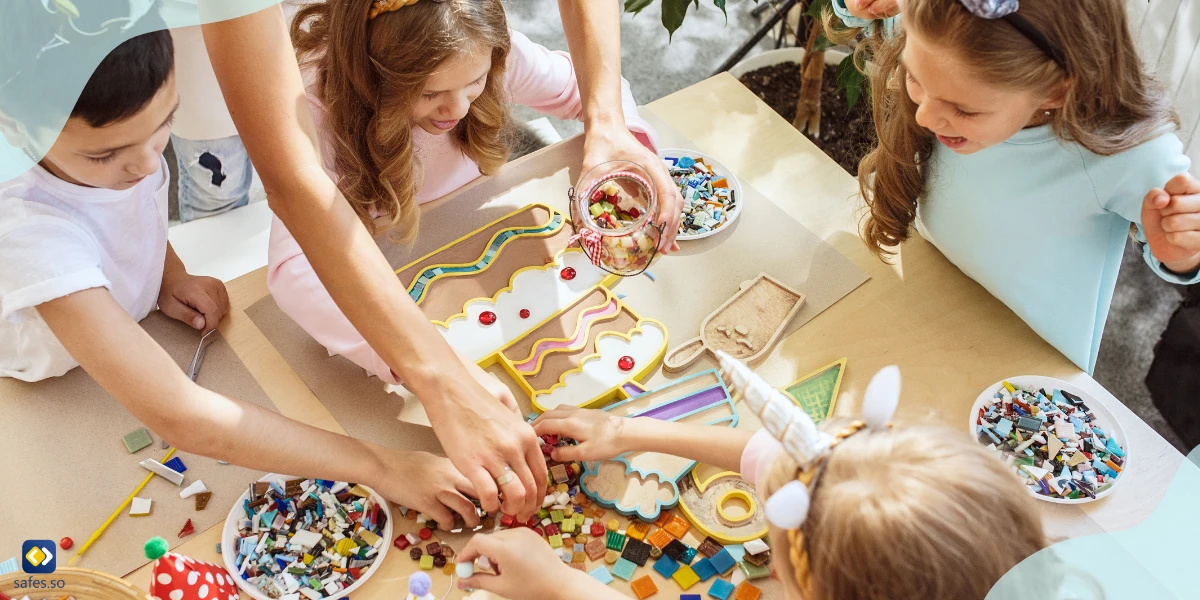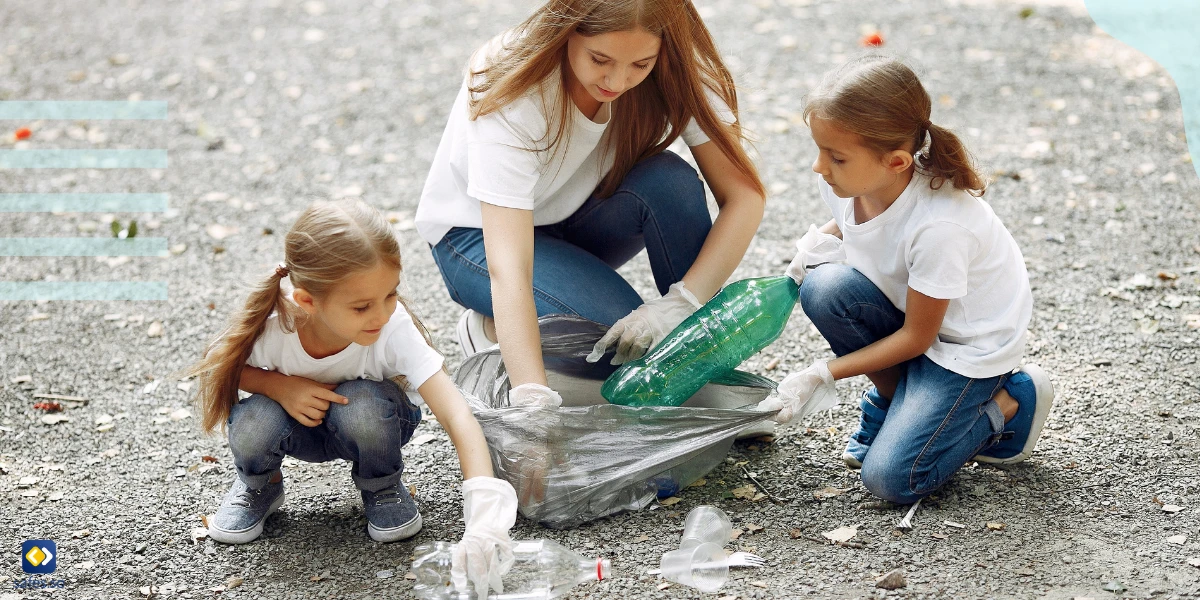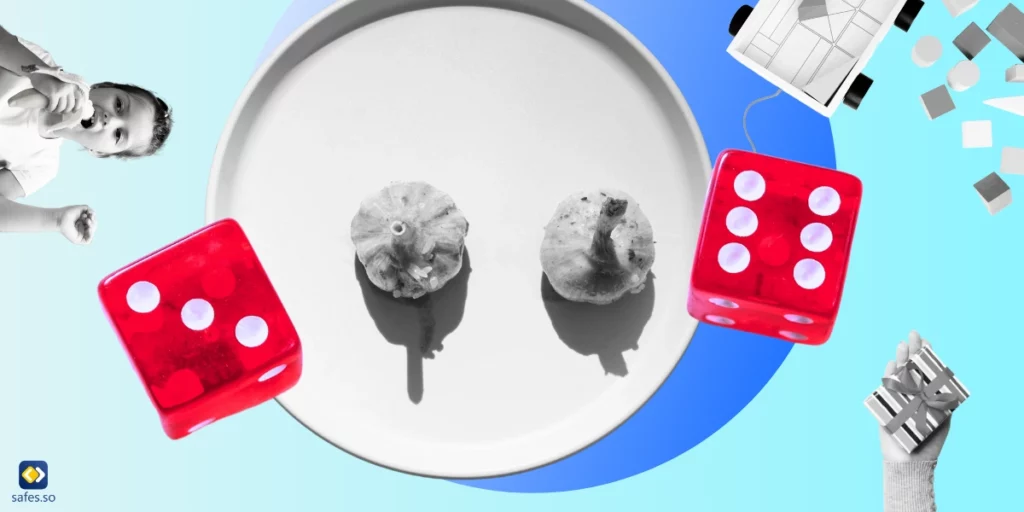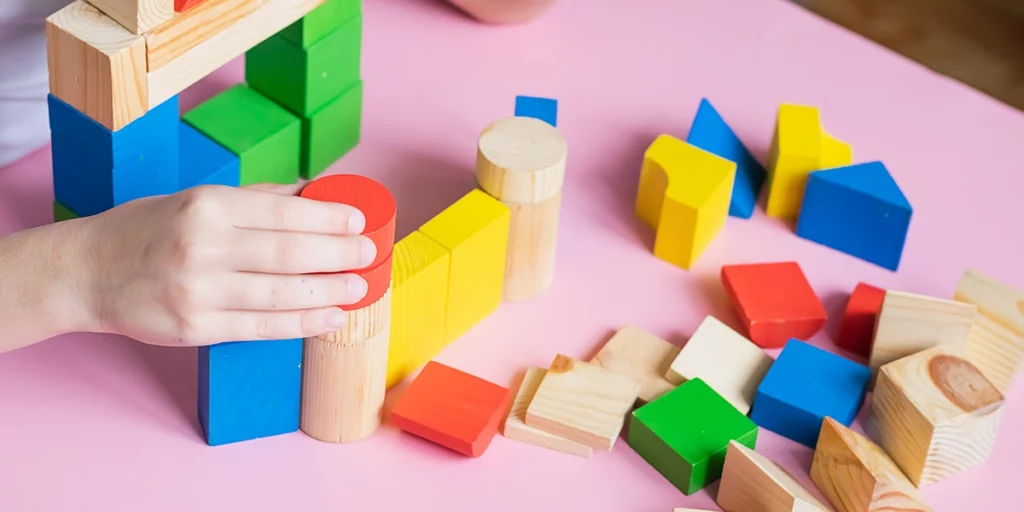Sharing is a vital social skill that children need to learn from an early age. Preschoolers are at a stage where they are learning to interact with others and develop their social skills. Sharing activities for preschoolers can help them learn how to share, take turns, and play cooperatively with others. These activities can also help them develop empathy and understanding toward others. In this blog post, we’ll discuss the benefits of sharing activities for preschoolers and provide tips on how to plan these activities effectively. Whether you’re a parent or teacher, this guide will help you create a fun and engaging learning experience for your little ones.
Download and Start Your Free Trial of the Safes Parental Control App
How to Teach Preschoolers to Share?
Learning to share is an essential skill for preschoolers that can be taught through various methods. One method is modeling sharing behavior by praising children when they share and gently reminding them when they don’t. Another approach is to provide opportunities for children to take turns and share toys during playtime. Encouraging cooperative play and emphasizing the importance of kindness and empathy can also help preschoolers learn to share.
When planning sharing activities, it’s important to choose activities that are age-appropriate, engaging, and promote teamwork. Activities such as building blocks, playing board games, and working on group art projects can all help preschoolers learn to share while having fun.

General Tips to Keep in Mind While Planning Sharing Activities
Social activities for toddlers and preschoolers can include various types of sharing activities. Some of them are structured and teacher-led, such as circle time games, read-alouds, and music and movement activities. Others are more flexible and child-led, such as free play, imaginative play, and outdoor play. Materials for sharing activities can include toys, games, art supplies, and books. Settings for these activities can vary, from the classroom to the playground, to a local park.
Finding the right balance of structure and flexibility is crucial for effective sharing activities. Too much structure can stifle creativity and limit social interaction. At the same time, too much flexibility can lead to chaos and a lack of focus. The key is to provide a supportive environment that allows for exploration and experimentation while also providing clear boundaries and expectations. By finding this balance, sharing and kindness activities for kindergarten children can be both fun and educational.

Specific Sharing Activity Ideas for Preschoolers
Here is a list of various types of sharing activities that both teachers and parents can use to promote sharing spirit in preschoolers:
Games that encourage sharing: Games like “Pass the Parcel” require children to share the parcel until the music stops, and the child holding the parcel at the end gets a small prize.
Art projects that promote sharing: Art projects that require children to work together, such as creating a mural or a group collage, can teach children the value of sharing ideas, materials, and space.
Storytelling exercises that can be used to foster sharing: Storytelling exercises that focus on sharing, such as reading books like “The Giving Tree” by Shel Silverstein, can teach children about the importance of generosity and kindness.
Requesting parents/guardians to participate in sharing activities with their children: Parents can be asked to participate in activities that involve sharing, such as sharing a snack or a book, to reinforce the importance of sharing at home.
Engaging children in communal activities such as cooking or cleaning: Activities like cooking, cleaning, or gardening can teach children the value of working together and sharing responsibilities. For example, children can take turns stirring the batter or cleaning up the table after a meal.

What to Do When Children Don’t Like to Share?
When preschoolers don’t like to share, it’s essential to take a patient and supportive approach to encourage sharing. Here are a few tips on how to handle the situation while incorporating sharing activities for preschoolers:
- Model Sharing: Children learn by observing adults, so make sure to model sharing behavior. Share snacks or toys with your child and talk about the importance of sharing.
- Encourage Turn-Taking: Encourage turn-taking during sharing activities for preschoolers to help children understand that everyone gets a chance to play or use materials.
- Praise Sharing Behaviors: Praise children when they share or take turns. This positive reinforcement can help motivate them to continue sharing.
- Use Positive Language: Use positive language when encouraging sharing. Instead of saying, “Don’t be selfish,” try saying, “Let’s take turns so everyone gets a chance to play.”
- Be Patient: Sharing can be a challenging concept for preschoolers to grasp, so be patient and consistent with sharing activities for preschoolers. They will learn to share and take turns more willingly with time and practice.

The Benefit of Safes Parental Controls in Teaching Sharing to Preschoolers
The Safes parental control app can help develop sharing spirit in preschoolers by promoting positive role models and omitting bad ones in the digital world.
By limiting a child’s screen time, parents can encourage them to engage in sharing activities, such as playing with friends or engaging in creative play. The app can also be used to block access to websites or apps that promote negative behavior, such as selfishness or hoarding. This can help children learn positive sharing behaviors by only exposing them to positive role models in the digital world. In this way, the Safes parental control app can help promote a healthy and positive sharing spirit in preschoolers.
You can use Safes for your child’s benefit on their phones, tablets, and computers. The Safes mobile app can be installed on all Android and iOS devices and make monitoring and protecting children more accessible. The resources below can guide you on how to take the most out of Safes:
- Windows parental controls
- Macbook parental controls
- Parental controls on Android
- iPhone parental controls
Sign up now for a free trial and see how Safes can help protect your child online!
Sharing Activities for Preschoolers: Conclusion
In conclusion, encouraging sharing activities for preschoolers is an essential part of their development and can help them learn valuable social and emotional skills. It is crucial for parents to model sharing behavior, encourage turn-taking, use positive language, and be patient when teaching their children how to share. Additionally, parental control apps like Safes can help promote positive sharing behaviors by promoting positive role models in the digital world and blocking access to negative influences. By incorporating these strategies, parents can help their children develop a healthy and positive sharing spirit that will serve them well throughout their lives.
Your Child’s Online Safety Starts Here
Every parent today needs a solution to manage screen time and keep their child safe online.
Without the right tools, digital risks and excessive screen time can impact children's well-being. Safes helps parents set healthy boundaries, monitor activity, and protect kids from online dangers—all with an easy-to-use app.
Take control of your child’s digital world. Learn more about Safes or download the app to start your free trial today!




